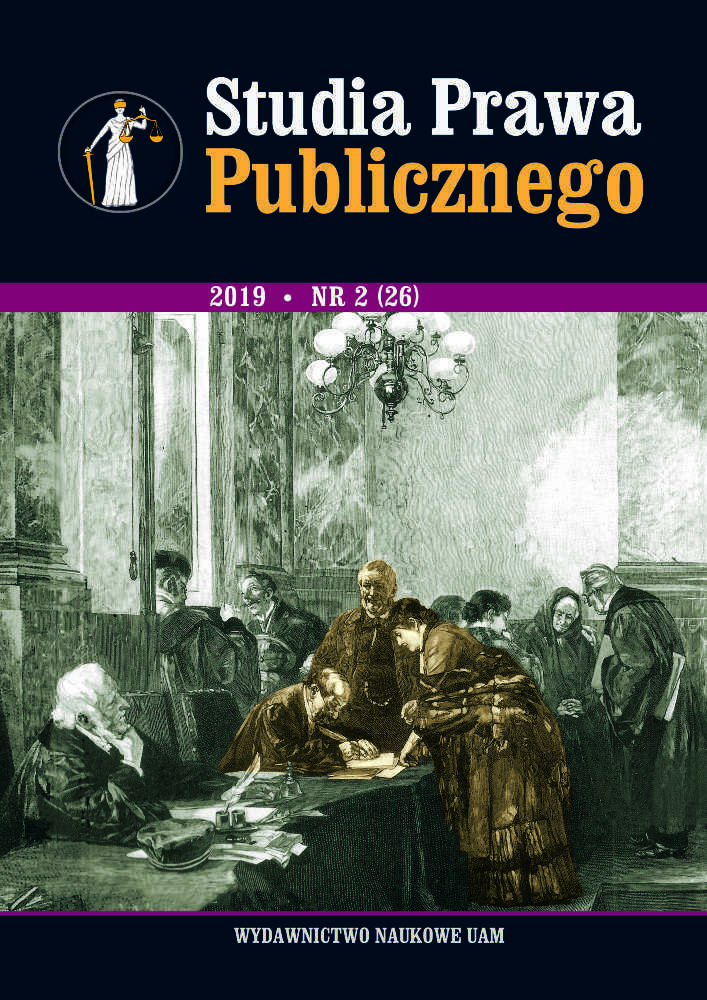Abstract
In 2019, twenty-five years have passed since the implementation of the first legisla-tive act introducing for the first time family doctors (primary health care physicians) into the Polish model of basic health care. The beginning of changes in this area, falling in the nineties of the last century, was not easy and has not yet been complete but will continue until the end of 2024. Over the years, not only the conditions for the education and professional development of primary health care physicians, in-cluding family doctors, have undergone changes. Also the organisational and legal forms of providing basic health services by this group of doctors were changing, as well as the conditions allowing patients, the recipients of medical services, to choose their doctor from among those with whom health insurance institutions (health insurance funds, or the National Health Fund) concluded agreements on the provision of basic health care services, or those employed by a medical entity with whom the National Health Fund signed relevant agreements.
The scope of changes introduced at that time was wide, and when it started at the beginning of the 1990s it was almost impossible to achieve the goals without the support of the World Bank and the PHARE programme, alongside the efforts of the Ministry of Health and Social Welfare and three regional health care consortia (unions). Their work and contribution of each of them and their activities were sig-nificant and together constituted a solid basis for further work on the improvement of the model of a universal primary health care after 1998.The Act on primary health care of 2017 has completed the process of changes in this respect. For the first time, the objectives of the basic, or primary health care have been clearly defined. Although the implementation of each of these objectives is to serve the patient who is the recipient of the services, the value of the services pro-vided by primary care physicians varies. Family doctors (general practitioners) are to provide the patient and the patient’s family with health care services, coordinating at the same time all the stages of the process of their provision. However, the social mission of their profession is to ensure the implementation of broader tasks, such as health promotion adapted to the needs of various groups of society, education of the medical services recipients in the field of responsibility for their own health, as well as shaping pro-health awareness, setting health priorities of the population covered by care and implementation of preventive actions.
References
Clément J.M., Memento de droit hospitalier, Paris 1990.
Hendrich Z., Lekarz rodzinny nie potrzebuje diagnostyki laboratoryjnej, „Gazeta Lekarska” 1993, nr 4(28).
Marciniak J., Dudarewicz D., Masłowski W., Samodzielny publiczny zakład opieki zdrowotnej, tworzenie i funkcjonowanie – wybrane problemy projekty dokumentów, Warszawa 1997.
Taillandier V. le, Le praticien hospitalier, Paris 1989.
Ustawa o zawodach lekarza i lekarza dentysty, Komentarz, pod red. E. Zielińskiej, wyd. 2, Kraków 1994.
License
Copyright (c) 2019 Krystyna Wojtczak

This work is licensed under a Creative Commons Attribution-NonCommercial-NoDerivatives 4.0 International License.

